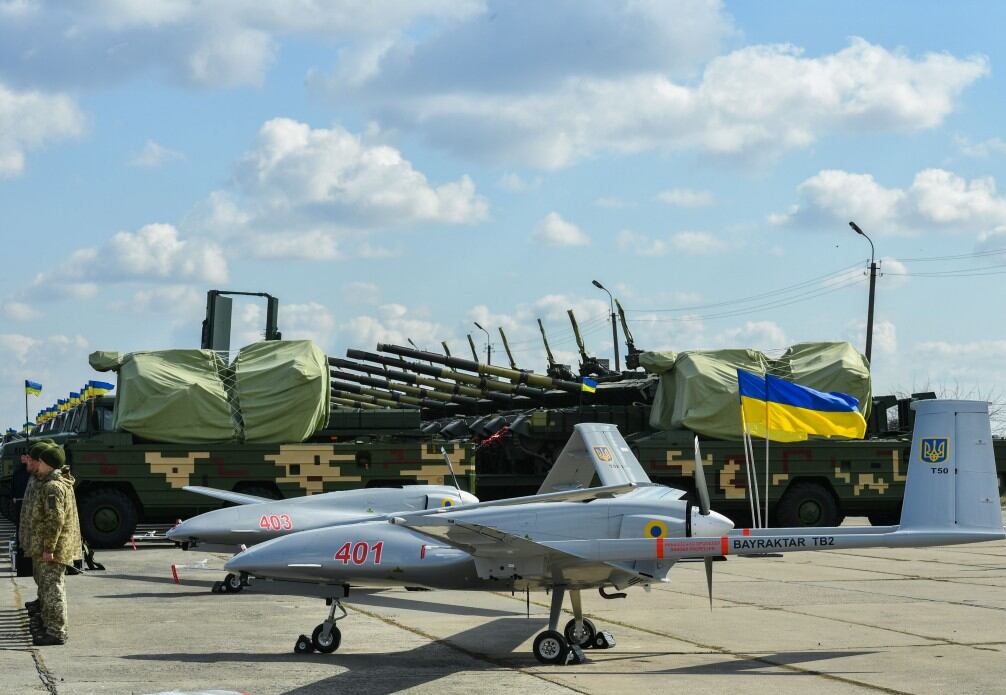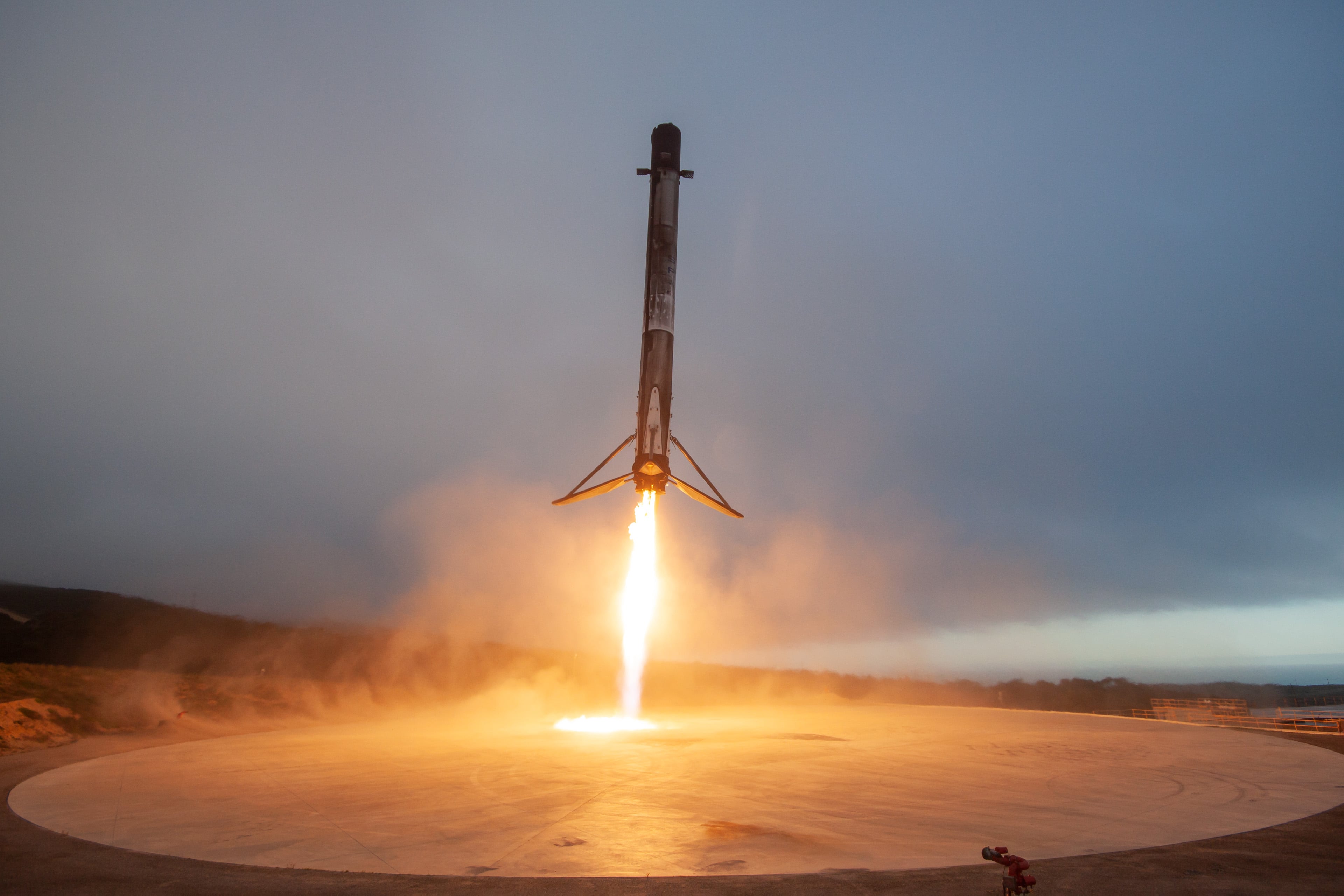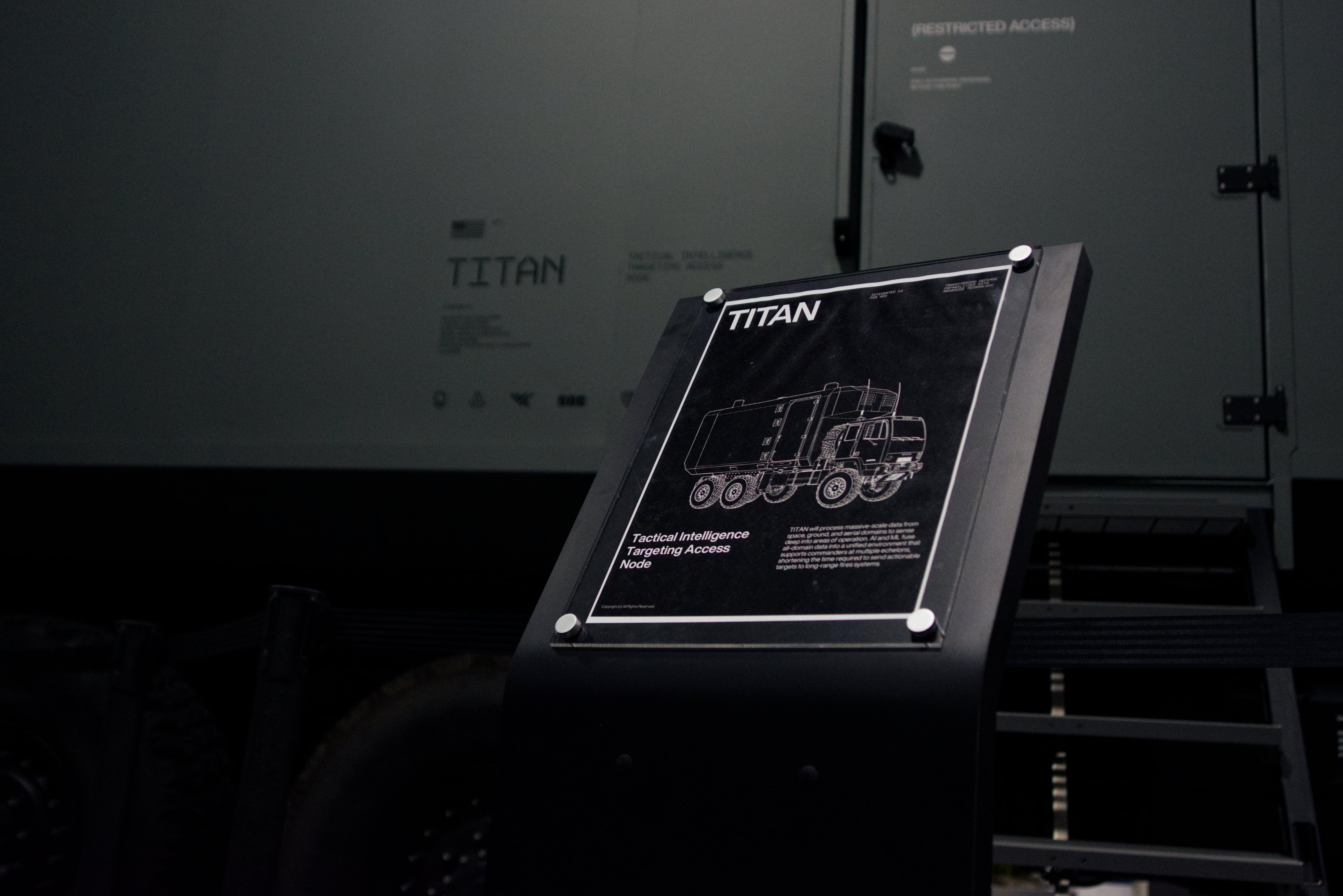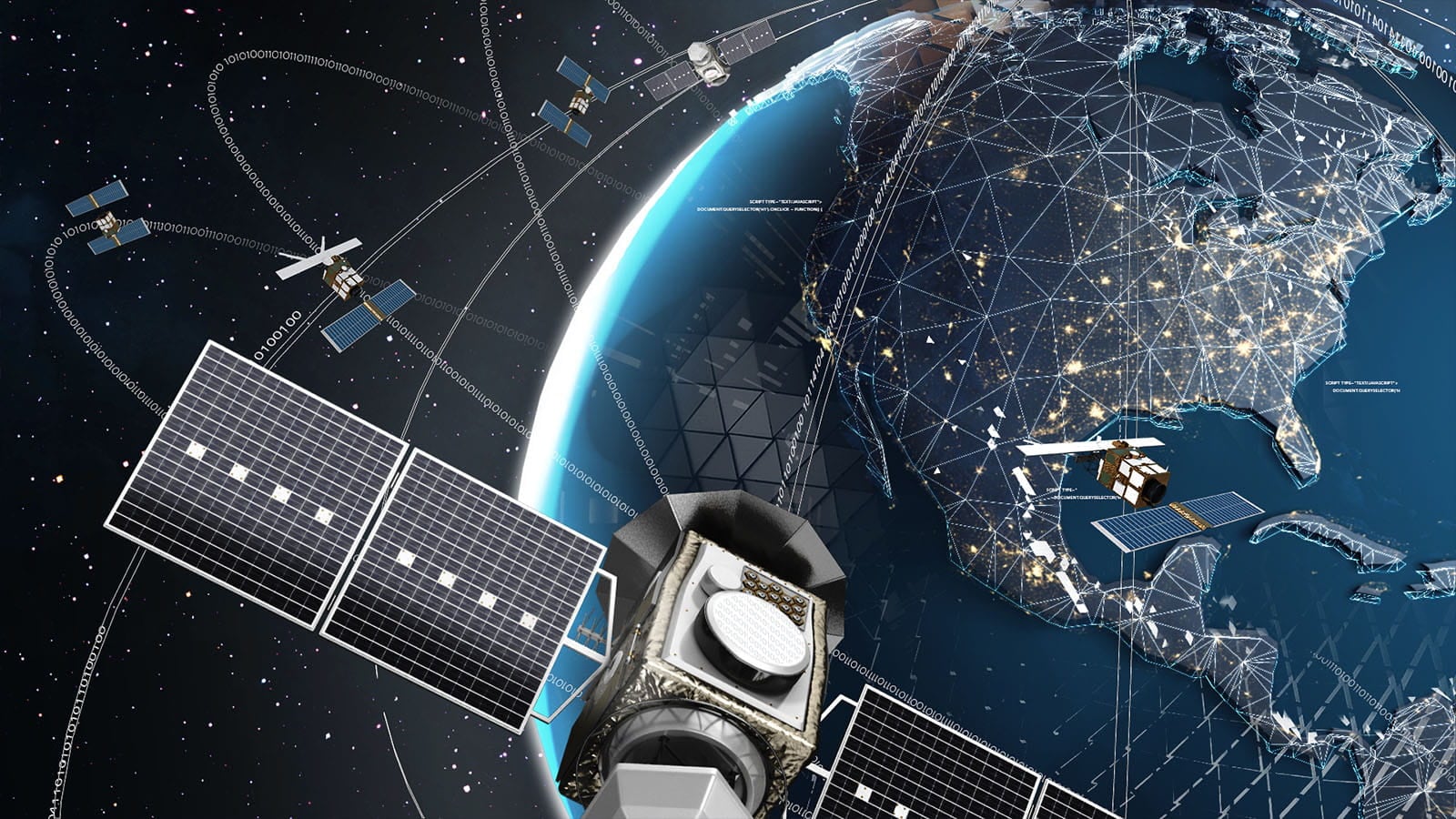ANKARA, Turkey — Ukraine hopes to quickly turn around a contract to buy 24 drones from Turkey, but the former’s adversary and the latter’s ally could upend the potential sale.
Turkey is Russia’s closest ally in NATO — which Ukraine wants to join — but Ankara and Moscow have diverging interests over Kyiv.
The Ukrainian government announced Sept. 15 that it’s seeking 24 Bayraktar TB2 combat drones in the coming months. Two years ago, TB2 producer Baykar Makina won a contract to sell six TB2s to Ukraine. The $69 million contract also involved the sale of ammunition for the armed version. The private firm has also won contracts to sell the TB2 to Qatar, Azerbaijan and Poland.
The TB2 is a medium-altitude, long-range tactical UAV system. It was developed by Kale-Baykar, a joint venture of Baykar Makina and the Kale Group. The UAV operates as a platform for conducting reconnaissance and intelligence missions. The aircraft features a monocoque design and integrates an inverse V-tail structure. The fuselage is made of carbon fiber, Kevlar and hybrid composites, whereas the joint segments constitute precision “computer numerical control” machined aluminum parts. Its maximum payload exceeds 55 kilograms, and the standard payload configuration includes an electro-optical camera module, an infrared camera module, a laser designator, a laser range finder and a laser pointer.
Each TB2 system consists of six aerial vehicles, two ground control stations, three ground data terminals, two remote video terminals and ground-support equipment.
A senior Turkish procurement official said Ankara and Kyiv have an understanding to finalize the potential deal before year’s end. “There is strong political support for this contract from both governments,” he said.
Industry sources estimate the contract value at about $300 million.
Ukraine’s ally
Russia and Ukraine are tied up in conflict over the annexation of Crimea, which Turkey’s Foreign Affairs Ministry spokesman Tanju Bilgic described Sept. 20 as unlawful.
Turkey has been a beneficiary of Ukraine’s defense spending for years. For example, in 2019, state-controlled Ukrainian company Ukrspecexport and Baykar Makina signed a deal to co-develop and co-produce “sensitive technologies in defense and aerospace.” And in December 2020, a Turkish shipyard penned a $200 million deal to sell two Ada-class corvettes to Ukraine. The Ukrainian Navy will deploy the corvettes in both the Black Sea and the Sea of Azov, both disputed waters between Russia and Ukraine.
The allies are also cooperating on engine technology to power Turkish-made drones.
But Turkey is also involved in the Russian arms trade. Turkey purchased the Russian-made S-400 air defense system in 2019, and Turkish President Recep Tayyip Erdogan is negotiating for a second batch. In a Sept. 26 interview with CBS News, Erdogan said he would consider buying a second Russian missile system in defiance of strong objections by the United States.
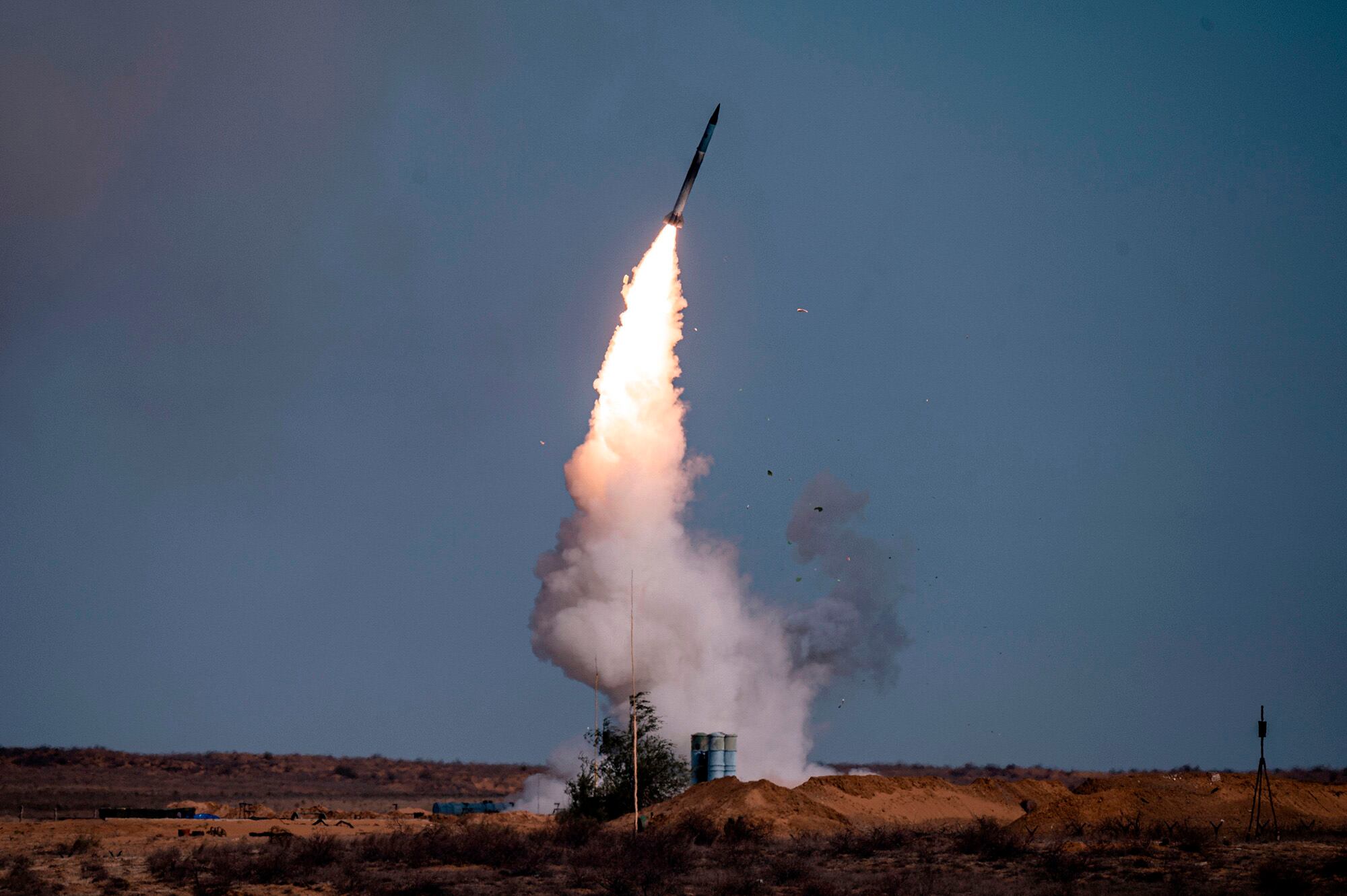
In response to the first S-400 acquisition, the U.S. removed Turkey from the American-led, multinational Joint Strike Fighter program that builds the F-35 fighter. And Washington also placed sanctions on Ankara under the Countering America’s Adversaries Through Sanctions Act.
Turkey has since said it’s considering Russian-made fighter jets as an alternative to the F-35s in can no longer access.
As for the outcome of the drone sale, a senior Turkish diplomat said there’s a limit to Russia’s silence when it comes to arms trade between Turkey and Ukraine.
But the procurement official is optimistic the deal will move forward without Russian concern. “First, the Turkish systems are no gamechanger in any Russian-Ukrainian conflict,” he said. “Then we have our own private agenda with Russia.
“The Russians will not want to ruin their strategic defense cooperation with us for the sake of a few weapons systems our companies sell to Ukraine.”
Why sell to a Russian adversary?
One obvious motivation for Turkey’s drone sales — and the other advanced defense equipment — to Ukraine is the government’s desire to increase defense exports. Turkey has invested billions of dollars in its defense industry over the last four decades, and expanding the country’s share in global defense trade is a publicly known government objective.
Another driver is the reciprocity in defense trade between the two countries, said Sitki Egeli, a defense analyst and assistant professor at Izmir University of Economy.
Ukraine needs the niche defense items that Turkey can provide — such as armed drones, electronic warfare technology and advanced communications gear — and likewise Turkey’s defense industry looks to Ukraine for specific items — such as engines, whose supply from Western manufacturers has proved lacking, Egeli explained.
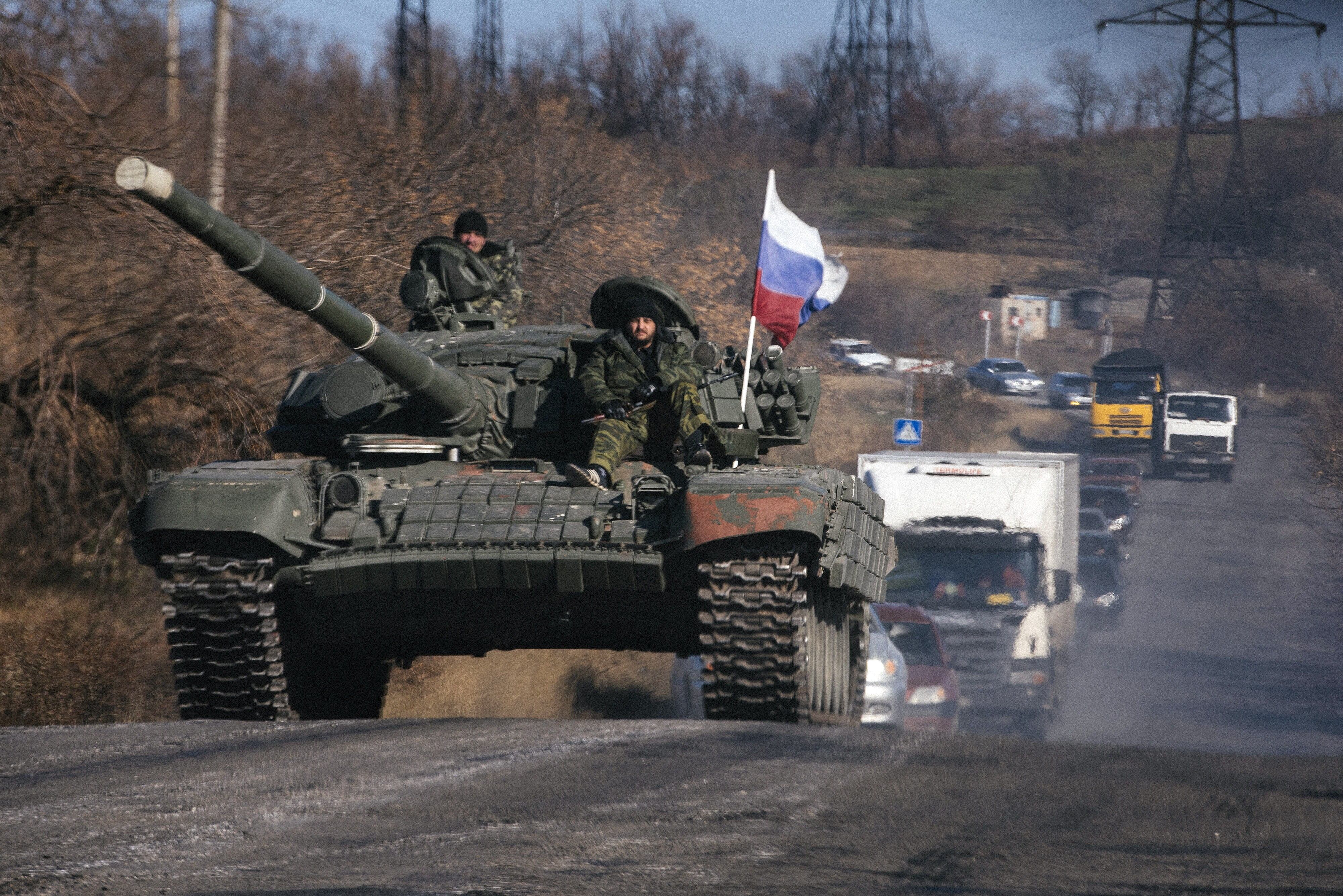
“Providing Ukraine with advanced military equipment provides for a rare leverage for Ankara in its complicated and strained relationship with Moscow. In this relationship that was characterized by some observers as one of ‘asymmetric interdependence’ that heavily favors Russia, Ankara is hard-pressed to create and take advantage of any leverages and counterweights that could be employed against an increasingly assertive and at times even arrogant Russia,” “Egeli said.
Asked how long Russia might remain silent over the potential drone sale, Egeli said it will come down to the future state of geopolitics.
“Moscow has so far been careful and successful in compartmentalizing its complex relationship with Turkey, whereby overlapping or else conflicting agendas — in Syria, Libya, Caucasus, Black Sea, or in the economic and energy trade realms — were handled independently of each other. Moscow has so far restrained its reaction over Ankara’s growing defense cooperation with Ukraine, probably because [the] Russian military still holds overwhelming superiority over its Ukrainian counterpart,” Egeli said.
“But if this gap were to narrow down with further transfers to Ukraine, or more importantly, if Russian military planners feel concerned about the successes of Turkish-style drone- and network-centric combat tactics in defeating Soviet-style military adversaries in Idlib and Nagorno-Karabakh, then this could constitute a tipping point for Moscow. When we look at the commentary coming from Russian officials over the last few weeks, we may in fact be seeing the first signs of such growing concern and unease. A second S-400 order is unlikely to be impacted by all this because the first S-400 order signified major political, economic and geopolitical benefits for Moscow, whereas with almost no benefits for Ankara. Therefore, Moscow would definitely not miss another opportunity to further deepen the wedge between Turkey and its Western allies, and further isolate Erdogan.”
Burak Ege Bekdil was the Turkey correspondent for Defense News.
